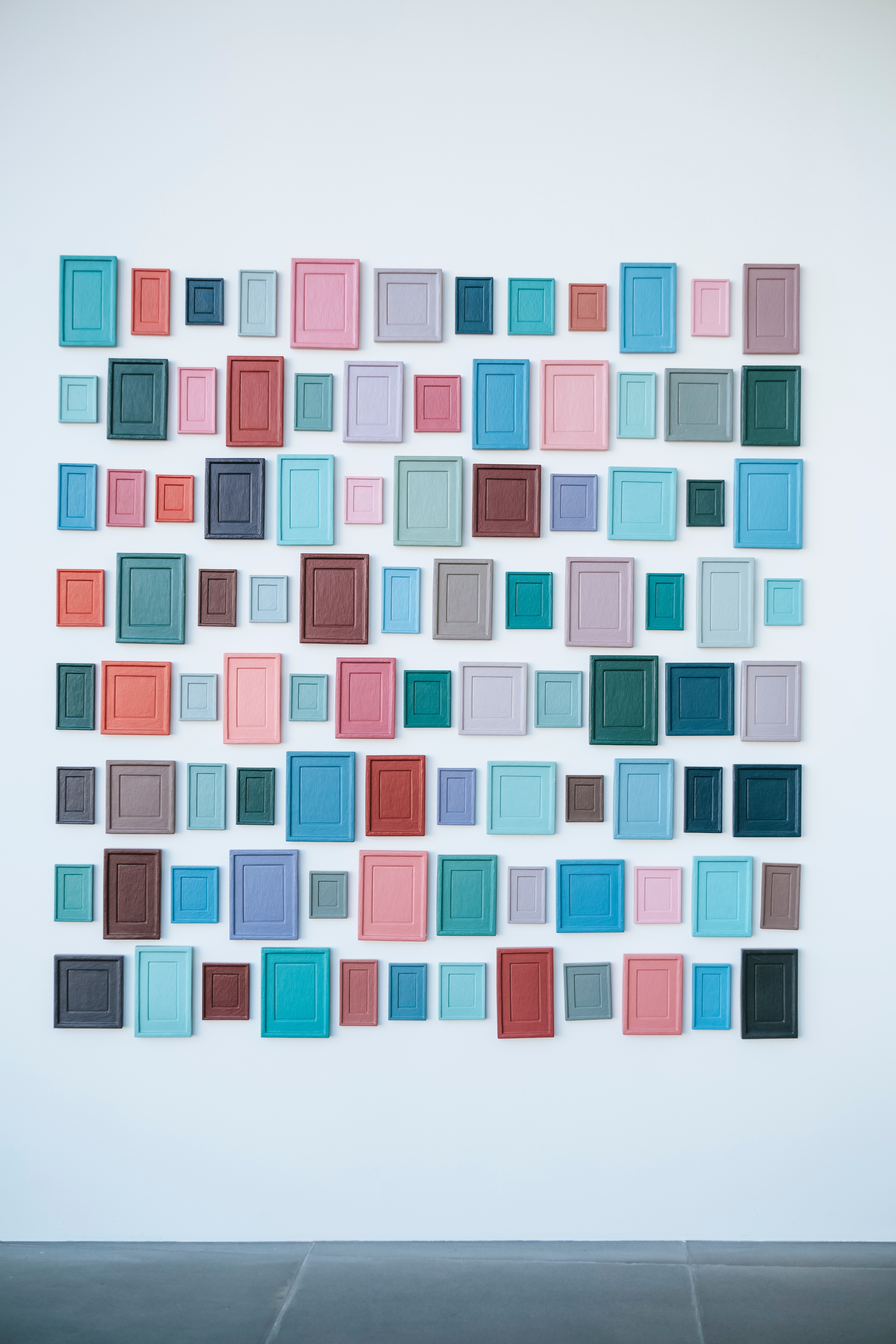Like most industries today, there is a mix of represented generations that make up the staff and management. The senior living industry is no different, comprised of Baby Boomers (many of whom are retiring), Generation X, Millennials, and Generation Z.
The individuals in charge will largely determine what the workplace culture is like. This is incredibly important when it comes to attracting and retaining talent. Individuals want to feel like they belong and are contributing to something bigger than themselves. When this is the case, workplace morale tends to be high, and turnover rates are generally low.
So, what does work culture look like in senior living today? And what does the future hold?
The senior care industry is currently run by Gen X
Many companies – and particularly those within the senior care industry – are continued to be by Generation X. This is in large part due to the fact that this generation is working longer and retiring later in life. Gen Xers have worked in this industry for much of their careers, so the existing workplace culture is largely based off of their work habits and strengths. This can be frustrating to Millennials, many of whom feel stuck in middle management roles, with an unclear path of moving up in the company.
Work culture will continue to change with the times
However, change is always inevitable. While Gen Xers have been in charge of the established senior care facilities, the structure of this industry will likely go under some serious changes in the upcoming years. This is in large part due to the growing senior population, many of whom will be seeking care at the same time, and driving huge demand for care services. As a result, companies are having to think about how they can restructure their services and stretch the capacity of their workforce.
In particular, this group of seniors are looking for more independence and flexibility. Many are choosing to be cared for in the comfort of their own homes as opposed to a live-in facility. This change in structure is much more aligned with the habits and values that Millennials share, which will make this generation more suited for managing the future of the senior care industry.
The importance of having a diverse staff
In order to accommodate the evolving industry, it is important to have a diverse group of thinkers that can anticipate and facilitate the change. Businesses that do this are more likely to meet the needs of their patients and to stay competitive in the marketplace for years – and generations – to come.
Photo by Markus Spiske on Unsplash

